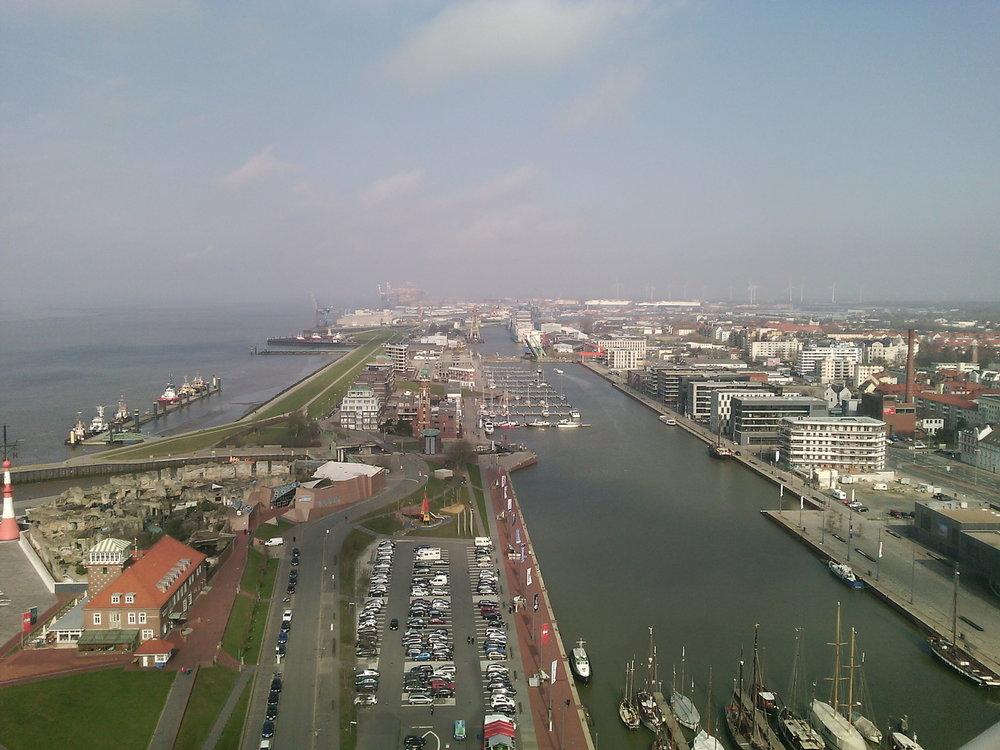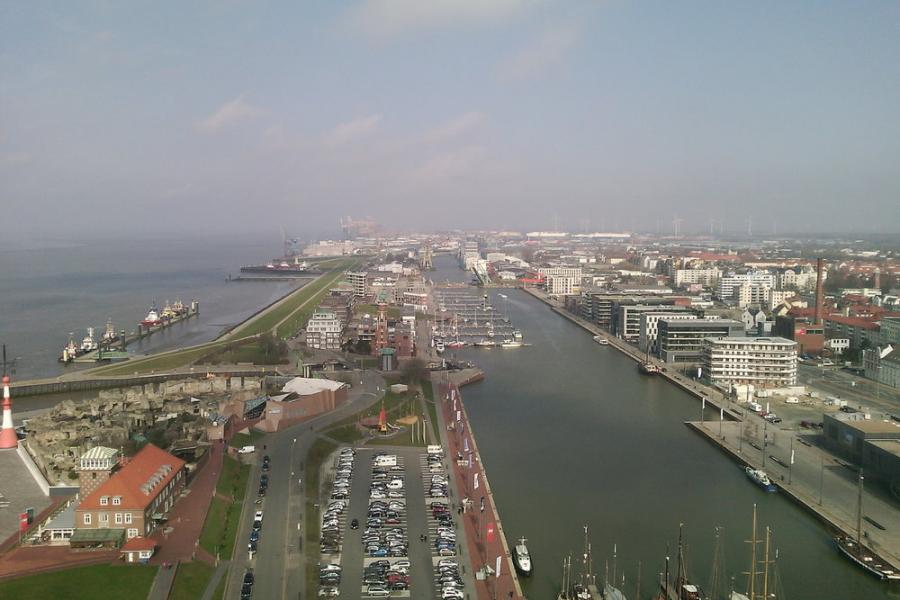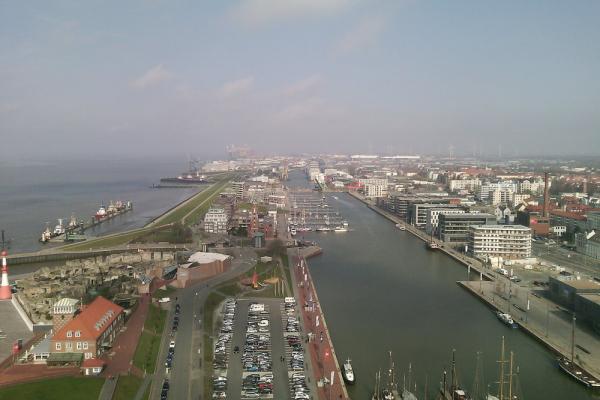From Shrinkage to Urban Sustainability
My first major research project focused on the future of shrinking cities. I conducted extensive fieldwork in Hoyerswerda, which in 2008 was labelled Germany’s fastest shrinking city. Suffering from de-industrialisation and outmigration, Hoyerswerda is one of the many postsocialist industrial settlements that, following the fall of the Iron Curtain, were said to have ‘no future’. During sixteen months of fieldwork, I explored how local citizens reclaimed their hometown’s future. Back to the Postindustrial Future (Berghahn, 2018) argues that we can use the anthropology of time and the future to better understand such urban communities’ responses to current crises.

I am now in the middle of my second major research project, on urban sustainability. Over the last two decades, sustainability has become a central strategy of urban revitalisation throughout Europe. In general, sustainability is the capacity to endure indefinitely into the future. More specifically, urban sustainability envisions cities that will endure, and not at the cost of future generations. Through sustainability logics, postindustrial cities aim to step outside processes of decay. These cities wish to enjoy self-sufficient and stable economic, ecological and social conditions. While there is a significant amount of scholarship on sustainability – and on one of its motivating factors, climate change – my project takes a new approach to it. I conceive sustainability as a trope, figure or image of the future, combining recent advances in the anthropology of time with more traditional areas of sustainability research. I map the terrain of sustainability in a particular urban setting, the postindustrial city of Bremerhaven, and scrutinise how sustainability logics are affecting the city’s postindustrial future.
Researcher: Felix Ringel


